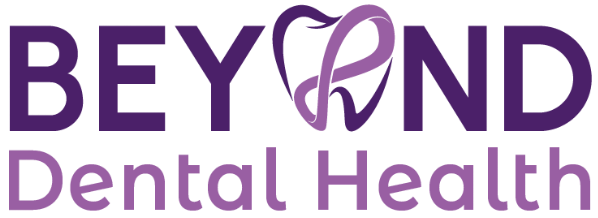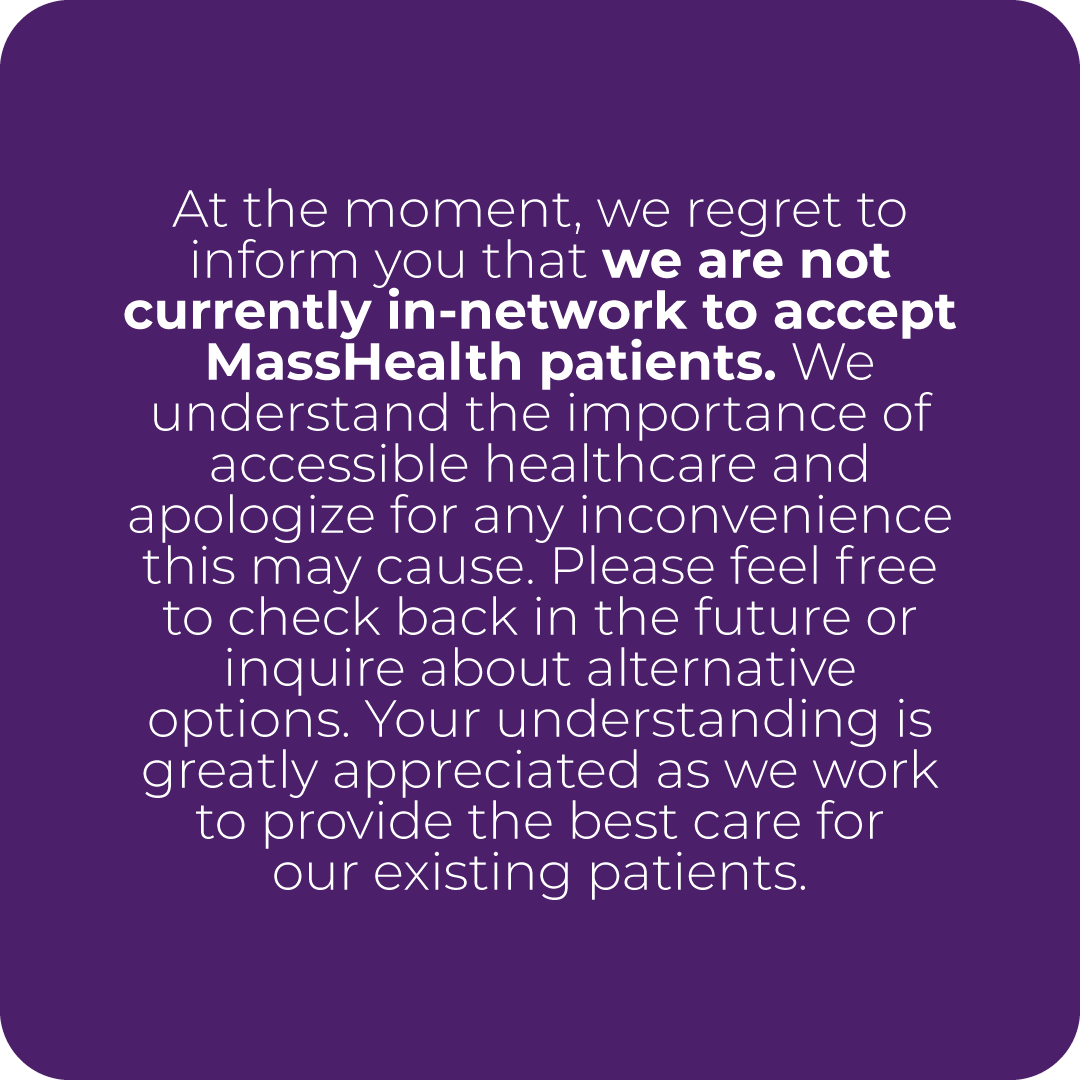At Beyond Dental Health we often encounter patients who are unsure of what to do during a dental emergency. Dental emergencies can be stressful and painful, but knowing how to react appropriately can make all the difference in preserving your oral health. Let’s walk you through common dental emergencies and the steps you should take to manage them.
Toothache
One of the most common dental emergencies is a toothache. If you experience sudden or severe tooth pain, rinse your mouth with warm water and gently floss around the affected tooth to remove any debris that may be causing the pain. Avoid placing aspirin directly on the tooth or gums, as this can irritate it. Instead, take over-the-counter pain medication as directed and schedule an appointment with us as soon as possible.
Broken or Chipped Tooth
If you break or chip a tooth, rinse your mouth with warm water to clean the area. If there is bleeding, apply pressure with a clean gauze or cloth until it stops. Save any broken tooth fragments and rinse them with water. Get immediate dental attention to prevent further damage and infection.
Knocked Out Tooth
A tooth that has been knocked out is a serious dental emergency that requires immediate attention. If your tooth is knocked out, handle it by the crown (the part that is visible in the mouth) and avoid touching the root. Place the tooth in a container of milk or saliva and seek emergency dental care immediately. Time is of the essence in saving a knocked-out tooth, so act quickly.
Lost Filling or Crown
If a filling or crown falls out, it’s important to see us as soon as possible to prevent further damage to the tooth. If the exposed tooth is sensitive, you can cover it with a small piece of sugar-free gum or dental wax until you can see your dentist.
Abscess
An abscess is a serious infection that occurs around the root of a tooth or in the space between the teeth and gums. Symptoms may include severe tooth pain, swelling, fever, and a foul taste or odor in your mouth. If you suspect you have an abscess, seek immediate dental care. In the meantime, rinse your mouth with warm salt water to help reduce swelling and draw out infection. Do not attempt to drain the abscess yourself, as this can spread the infection further.
Preventing Dental Emergencies
While dental emergencies can happen unexpectedly, there are steps you can take to reduce your risk:
• Practice good oral hygiene by brushing and flossing regularly.
• Wear a mouthguard during sports and other high-risk activities to protect your teeth from injury.
• Avoid chewing on hard objects such as ice, popcorn kernels, or hard candy, which can damage your teeth.
• Schedule regular preventive care check-ups and cleanings to catch any potential issues early and prevent them from becoming emergencies.
Knowing how to handle a dental emergency can help alleviate pain and prevent further damage to your oral health. If you experience a dental emergency, remain calm, and take prompt action by following the steps outlined above. Remember, we’re your best resource for addressing dental emergencies, so don’t hesitate to contact us at one of our four locations for assistance. By being prepared and proactive, you can protect your smile for years to come.
Contact us today to schedule your preventive care visit: 781.650.2200 or find us on social media.






